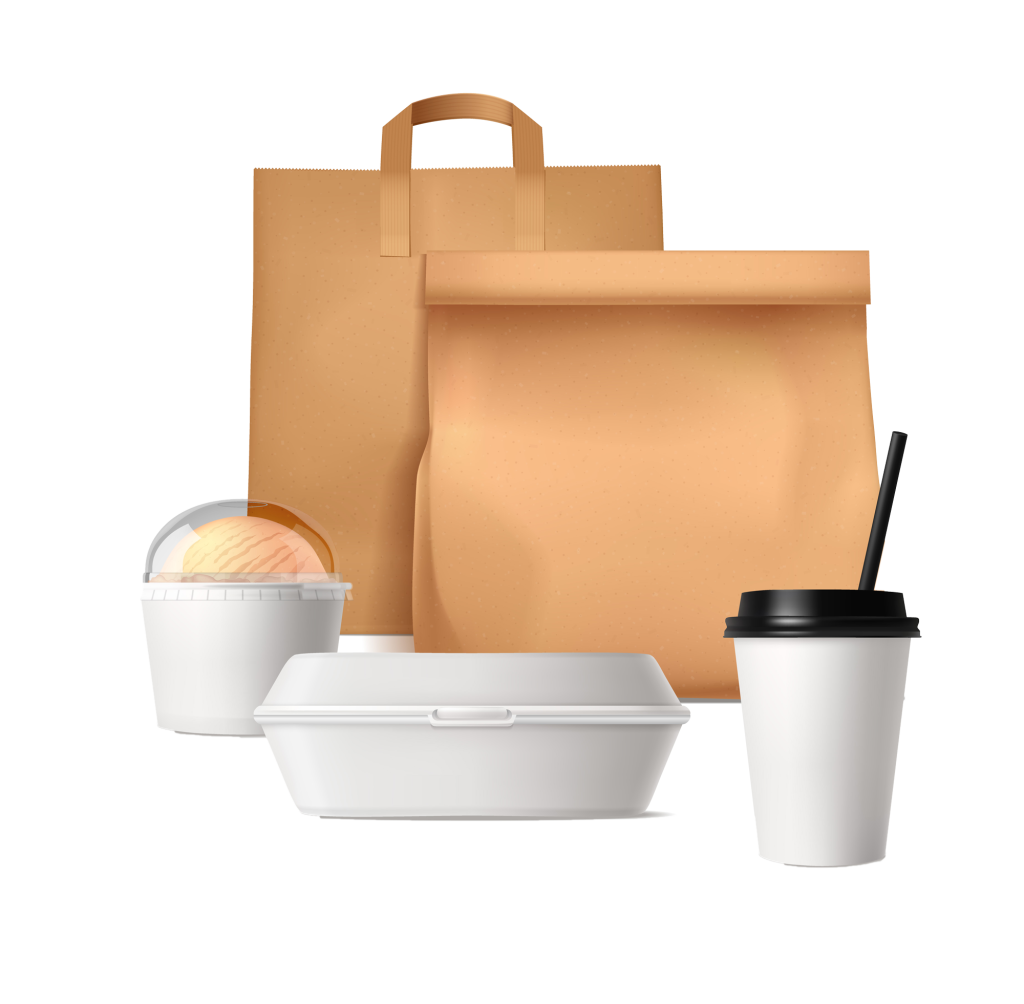CONTACT US: 0919 058 5858 | 02 899 51920
CONTACT US:
0919 058 5858 | 02 899 51920

Were there instances when you had to discreetly loosen your pants at the table because of eating too much? It won’t be a surprise if this question garners a lot of yeses. Overconsumption is associated with mindless eating, which can affect your health, weight, and overall well-being. This article aims to help you beat mindless eating and maintain a healthy eating regimen and take charge of your health through mindful eating.
Mindless eating can happen when your brain gets distracted or when you’re not aware of how much you are eating. Here are the top factors that can contribute to mindless eating.

Munching on food when your mind is distracted. For instance, eating while watching television, engaging in a conversation, and browsing through the Internet.


When you eat directly out of the bag, box, or container, you’re usually not aware of how much food you’re consuming. This also increases the tendency of finishing whatever’s in the container, rather than what you want or should consume.

Binging on junk food, processed food, salty snacks, and sugary treats because they give you pleasure and a burst of energy. However, these unhealthy food choices usually contribute to low energy levels.


Feelings can trigger mindless eating. Some people find comfort in eating when they are bored, sad, frustrated, angry, or stressed. Although emotional eating is often connected with unpleasant emotions, it can also be triggered by positive feelings, such as celebrating special events or rewarding yourself for accomplishing a goal.

External sources, such as food-related TV commercials, print ads, billboards, etc. can trigger cravings.

Mindless eating can happen when your brain gets distracted or when you’re not aware of how much you are eating. Here are the top factors that can contribute to mindless eating.

Avoid eating your food quickly and carelessly because this can lead to weight gain and other health issues. Take your time chewing and enjoying your meal because it can help you feel full and reduce calorie intake.

What we eat and drink is impacted by the food and beverages that are accessible to us. For instance, if you fill your pantry or refrigerator with junk food, processed food, sugar-loaded treats, and sweetened drinks, then you’ll be tempted to get your hands on these unhealthy foods. If you want to achieve your health goals, it’s best to remove unhealthy food items and stock your kitchen with healthy options.


Some individuals tend to use food to find comfort or relieve stress, that’s why they fall into mindless eating habits. A good way to avoid emotional eating is by learning to distinguish between physical and emotional hunger. According to HelpGuide.org, physical hunger occurs gradually and can wait while emotional hunger happens suddenly and there is a need to satisfy the hunger instantly. In addition, physical hunger disappears after eating while emotional hunger is not satisfied after filling your stomach. Another way to overcome emotional eating is to find out what your emotional triggers are. Identify places, people, situations, or feelings that make you want to turn towards food for emotional relief and avoid them.

During meal times, it’s recommended to turn off the TV and put your mobile device in another room. By getting rid of distractions, you can focus more on what you are eating and how much food you are consuming.


Your hand can be used as a portioning tool guide to help you control your servings.
Mindless eating habits can lead to overeating and weight gain. Learn to cultivate mindful eating techniques such as taking your time chewing and savoring your food, fostering a healthy eating environment, managing your feelings, avoiding distractions, and practicing portion control. Overcoming mindless eating habits and practicing mindful eating promotes better health and overall well-being.
Medicare Plus encourages healthy practices to help you live your best life. Choose a high-quality and affordable health plan that best suits your needs.

Easy access health plan options for the Filipino community.
We know finding the right healthcare plan can be a complex and confusing task.
Our health plan specialists are always here to help 24/7.
Got more questions?